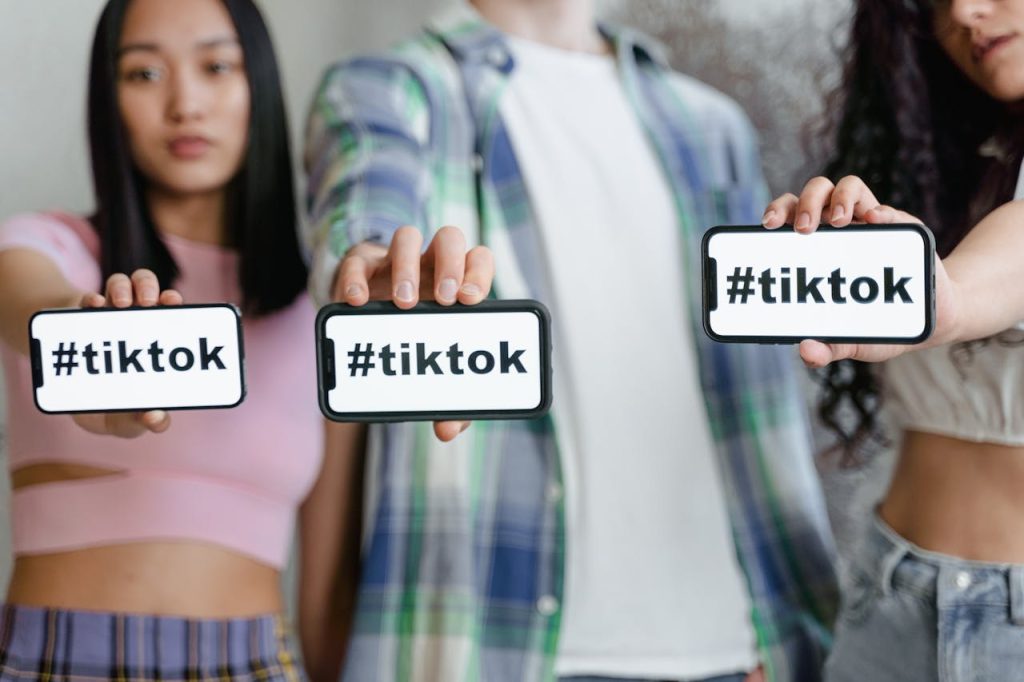
If you’re new to the NIL space you might wonder: if schools aren’t paying athletes for their NIL, where does the money come from? Unlike athletic scholarships, NIL money is not funded by colleges or the NCAA. Instead, student-athletes can earn compensation from corporate sponsors, collectives, local businesses, and even fans. However, not all sources of NIL income are legal, and athletes must follow NCAA guidelines and state laws to avoid eligibility issues. I still consider the world of NIL so new, with a lot of work that needs to be done to ensure that schools, collectives and athletes make the most of NIL. Until then, here is a small breakdown of where NIL money should and shouldn’t come from.
Where Does Legit NIL Money Come From?
NIL compensation can come from various sources, including businesses, collectives, and fan-driven platforms:
- Corporate sponsors & national brands. Big companies such as Nike, Gatorade, and Adidas partner with high-profile athletes for endorsements, social media promotions, and commercial deals. These deals are usually reserved for top-tier athletes with national recognition.
- NIL collectives. Many schools have NIL collectives—groups of boosters and donors who pool money to support athletes at a specific school. Collectives pay athletes for promotional work, appearances, and community engagement. The NCAA allows collectives, but they cannot be used as a pay-for-play system to entice recruits.
- Local businesses & small brands. Athletes can secure NIL deals with local restaurants, car dealerships, gyms, and small businesses. These agreements often involve social media shoutouts, meet-and-greets, and brand partnerships.
- Social media & influencer earnings. Many athletes monetize their NIL through YouTube, TikTok, and Instagram. Social media platforms offer brand partnerships, sponsored content, and ad revenue opportunities. Athletes with strong personal brands can generate income even if they aren’t top college stars.
- Merchandise & apparel. Some athletes create their own branded merchandise, selling T-shirts, hoodies, and autographed items. Platforms like Fanjoy, Shopify, and Etsy can help athletes launch their own products.
- Subscription platforms & fan donations. Athletes can earn money directly from fans through subscription-based platforms like Patreon and Discord or one-time donations on platforms like Cameo and Venmo.
- Camps, clinics, & speaking engagements. Athletes can host youth camps, training sessions, or public speaking events. These opportunities are great for athletes with strong local followings or coaching skills.
Where NIL Money Should NOT Come From
While NIL opportunities have created new income streams for athletes, some sources of NIL money are illegal or violate NCAA rules, including:
- Direct payments from schools. Colleges and universities cannot pay athletes for their NIL directly. Any deal that involves direct school payments is a violation of NCAA rules.
- Pay-for-Play Arrangements. NIL deals must be legitimate business transactions. If an athlete is being paid just to commit to a school or stay on a team, this is considered pay-for-play, which is prohibited.
Impermissible Benefits. Athletes cannot accept NIL deals that include:
- Free cars or houses with no promotional work required
- Cash payments from boosters without a contract
- Secret payments to family members
- Gambling & illegal activities. Most states ban NIL deals with companies involved in sports betting, adult entertainment, or illegal drugs. Athletes should check their state’s laws before signing any agreements.
How to make sure your NIL Deal is legal
To avoid violations and protect their eligibility, athletes should:
- Sign written contracts—avoid verbal agreements.
- Work with licensed agents or lawyers to review deals.
- Report NIL income for tax purposes.
- Follow state laws and NCAA guidelines to stay compliant.
- Avoid NIL offers that require committing to a specific school.
Legit or legal NIL money comes from brands, collectives, local businesses, and fans—not from schools or under-the-table deals. Athletes should ensure all agreements are legal, transparent, and compliant with NCAA rules to avoid losing eligibility. By understanding where NIL money should and shouldn’t come from, athletes can take full advantage of their earning potential without risking their future.